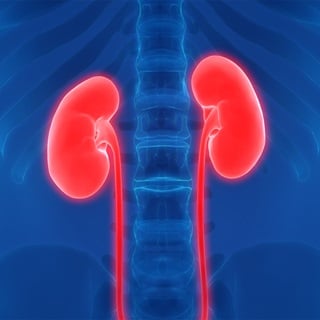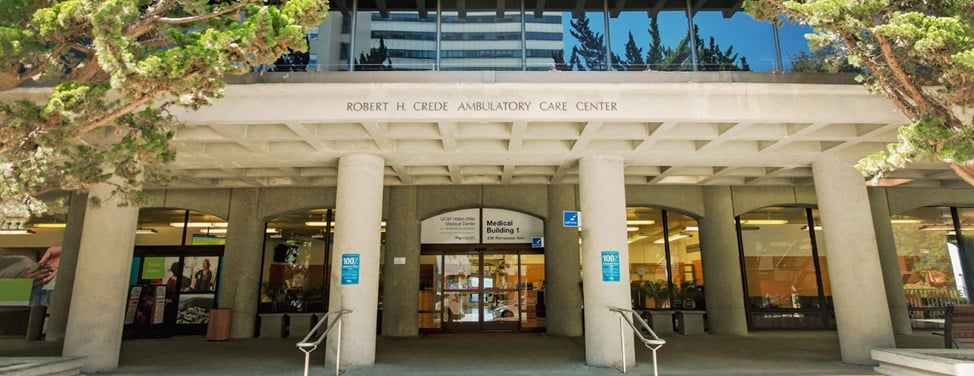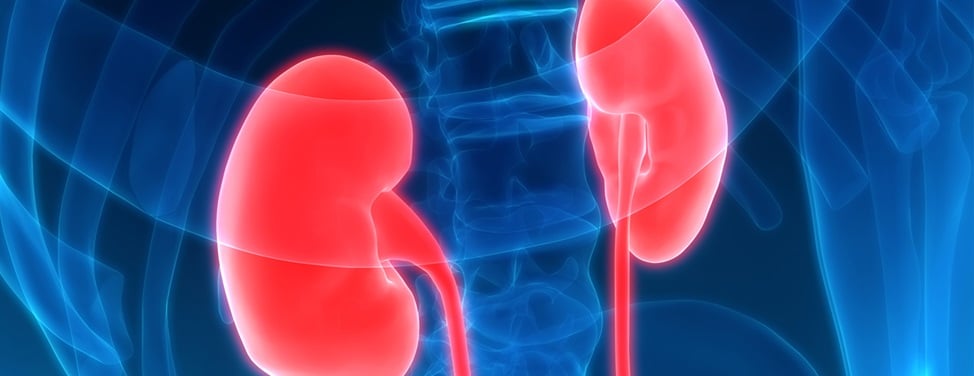Sometimes a patient who needs a kidney transplant has a willing donor, but they aren't a good match due to incompatible blood types. When this happens, UCSF can help by arranging a process called a paired exchange, involving two living donors and two recipients.
In a paired exchange, the recipient in one pair is compatible with the donor from the other pair and vice versa. The transplant center arranges for a "swap," in which each donor gives a kidney to the recipient in the other pair. This allows two transplant candidates to receive organs and two donors to give organs even though the original recipient/donor pairs were incompatible.
Both donors and candidates are carefully evaluated and tested medically and psychologically to make sure the benefits outweigh the risks. The surgeries can be done at the same hospital or at different hospitals. Doing them at the same hospital may have advantages, although it may also create extra travel and housing costs for one recipient/donor pair.
Transplant chains
A living donor chain is another option for matching up willing donors with compatible recipients. A kidney chain begins with one altruistic donor who decides to donate a kidney to a stranger rather than a friend or relative. The altruistic donor gives to a person waiting for a transplant, and that recipient's willing – but incompatible – donor gives to another person who is waiting for a kidney, and so on.
Each living donor in this system gives to a stranger, and the chain of donors is kept going as long as possible.









